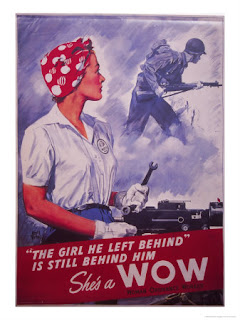CHPTER 10:
A question that was never answered, but was presented throughout the book, was: is Billy Pilgrim was actually telling the truth about the Tralfamadorians or if he was insane like his daughter thought he was. Was Billy Pilgrim really "unstuck in time" or was he having flashbacks of the war? We know that Billy Pilgrim suffered from PTSD, but Vonnegut never told us how severely he suffered from it... or did he? Was every time travel really a hallucination?
Personally, I believe that Billy Pilgrim was insane. A few factors led me to believe this. First was his encounter with the Tralfamadorians. Pilgrim said he knew that he would be taken, which indicates that this encounter was only in his head. Secondly, while Billy is driving through Illium, he is being reminded of Dresden everywhere he looks. "Billy's smile as he came out of the shrubbery was at least as peculiar as Mona Lisa's, for he was simultaneously on foot in Germany's in 1944 and riding his Cadillac in 1967... The neighborhood reminded Billy of some of the towns he had seen in the war... Billy drove through a scene of even greater destruction. It looked like Dresden after it was fire-bombed." (pages 58-59) This is another indicator that Billy Pilgrim suffers from PTSD.
Thirdly, at the beginning of the book, Vonnegut mentions that Billy, during his senior year at optometry school suffered from a nervous breakdown and was treated in a veterans hospital. This tells us that Billy Pilgrim's had been emotionally damaged from the war. Fourthly, Billy Pilgrim only mentions the Tralfamadorians after the plane crash, which he suffered brain damage from.
There is much more evidence to support that Billy Pilgrim is insane and that his experiences with the Tralfamadorians and time travel are all just figments of his imagination. Considering Billy Pilgrim's experience in the war and his injury from the plane crash, his insanity is by no fault of his own. Billy Pilgrim created this other reality to cope with the traumatic events in his life.















